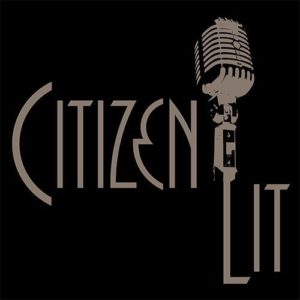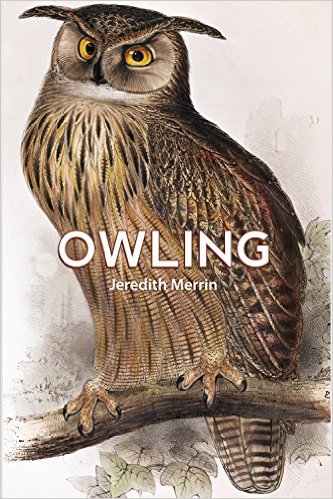
Congratulations to previous contributor Jim Daniels, on the publication of his new chapbook! Comment Card is available for purchase now through the publisher, Carnegie Mellon University Press, or on Bookshop, which supports independent bookstores.
Daniels’ poems offer up a world of juxtapositions, searching for equilibrium between the sublime and the mundane: a man watching young lovers kiss while poisoned ants rain down on his porch. A Christmas tree-needle collection and Jimmy Durante. The litter of a three-hole punch and a daughter leaving for college. Tamarinds and the International Space Station. A crushed snail and the Holy Trinity. These poems wonder, how did we get here, and, by the way, where are we?
Comment Card has already received worthy praise:
“Jim Daniels is a generous, inventive poet with great emotional range and insight. He is at home writing poems about home—the domestic space, child-rearing, marriage, aging, ambition—with honesty, intimacy, and grace . . . Jim Daniels is humorous, provocative, and smart—an American treasure.”
Denise Duhamel
“As prolific as he is talented. Jim Daniels gets my vote as ‘the hardest working man in poetry.’ His poems are honest, straightforward, full of insight, wit and goodwill, and grounded firmly in the human and the humane.”
Charles Harper Webb
You can read Jim’s story, “13 Ways of Looking at My Father in His Bathing Suit” in Issue 12 of s[r], or his story “Single Room” in our first ever issue of s[r]! We also interviewed Jim Daniels for our debut issue. You can read his interview here, where he talks about everything from the discipline factory work taught him to apply to writing, to his early writings being praised by a teacher as poetry—freaking him out and sending him temporarily on a path of “writing things that sounded like some self-pitying bad rhyming dude from the eighteenth century.”
Enjoy an electrifying preview of Daniel’s chapbook:
COMMENT CARD
Below zero—the hotel lost power—
frozen lines, broken sprinklers, just when
guests like us had flicked our lights off
to slog our way toward sleep. Alarms
blazed their grim fiery order: evacuate.
The laminated Emergency Plan instructed
us to gather in the parking lot and wait.
Half-dressed, half-awake, we bristled
at the dark betrayal. One gaunt guy
in sweats and shorts jogged in place,
turned zombie blue.
Someone aimed a flashlight at our frozen feet
till the cleaning lady invited us to squeeze
into her tiny car, then started it up. Shoulders
rubbed. We did not sing songs. We shared
scraps and fragments of what brought us
to our lonely rooms. Bianca from house-
keeping shared cookies she’d stolen
for her two kids. Her English: Take.
None of us were meeting-cute.
No coincidental links or sit-com jokes.
The situation: I sat between an older
businessman and a younger saleswoman.
Bianca’s old car smelled of Jesus air freshener.
Good heater, I said, and everyone agreed.
Our bodies, forced together,
grudged up extra heat.
The lights came on—you know that.
We fled the car in a mad frigid flurry.
The hotel offered us coffee and tea
in the lobby. We spread out over
stuffed couches. Bianca served us.
The manager chatted us up.
What can you do, he asked,
in weather like this?
Jim Daniels has authored over thirty collections of poetry, seven collections of fiction, and four produced screenplays. His most recent books include The Luck of the Fall (2023), The Human Engine at Dawn (2022), and Comment Card (2024). His books have won three Michigan Notable Book Awards, the Brittingham Prize for Poetry, the Blue Lynx Prize for Poetry, the Tillie Olsen Creative Writing Award, the Milton Kessler Award, and three Gold Medals in the Independent Publisher Book Awards. His work has been published in The Best American Poetry and Pushcart Prize volumes.

During his long career, he has warmed up for singer-songwriter Lucinda Williams at the Three Rivers Arts Festival, read poems at a Jamestown Jammers AA baseball game, had his poem “Factory Love” displayed on a race car, and sent poetry to the moon soon as part of the Moon Arts Project. A native of Detroit, he lives in Pittsburgh, where he is the Thomas Stockham Baker University Professor Emeritus of English at Carnegie Mellon University. He currently teaches in the Alma College low-residency MFA Program. You can find out more about Jim Daniels on his website.



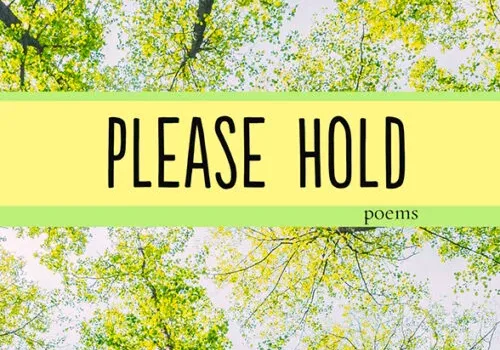
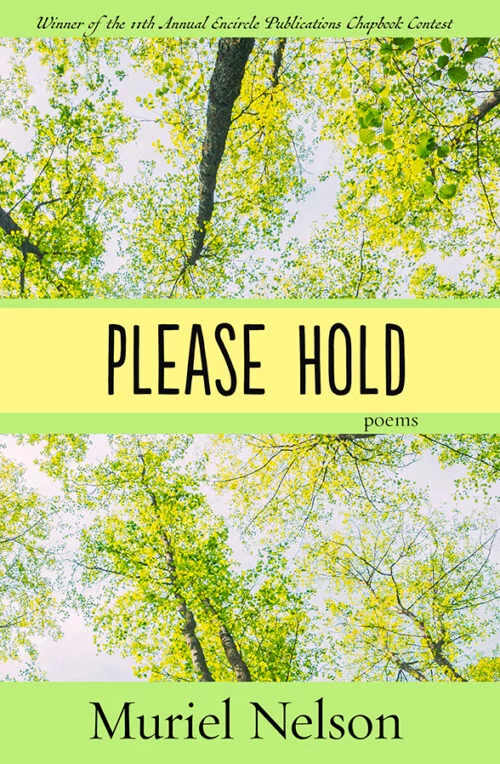

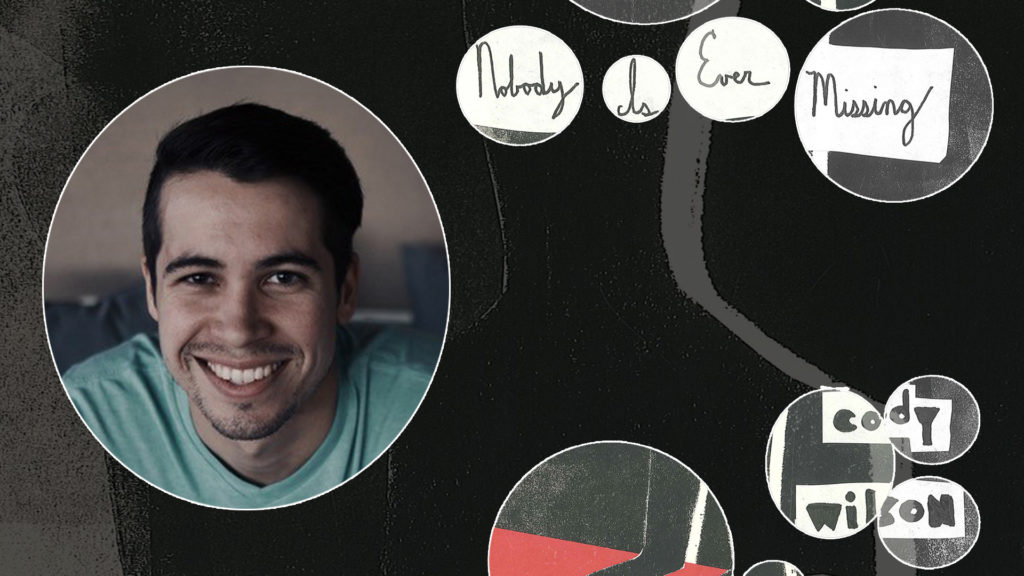 Date:
Date: 
